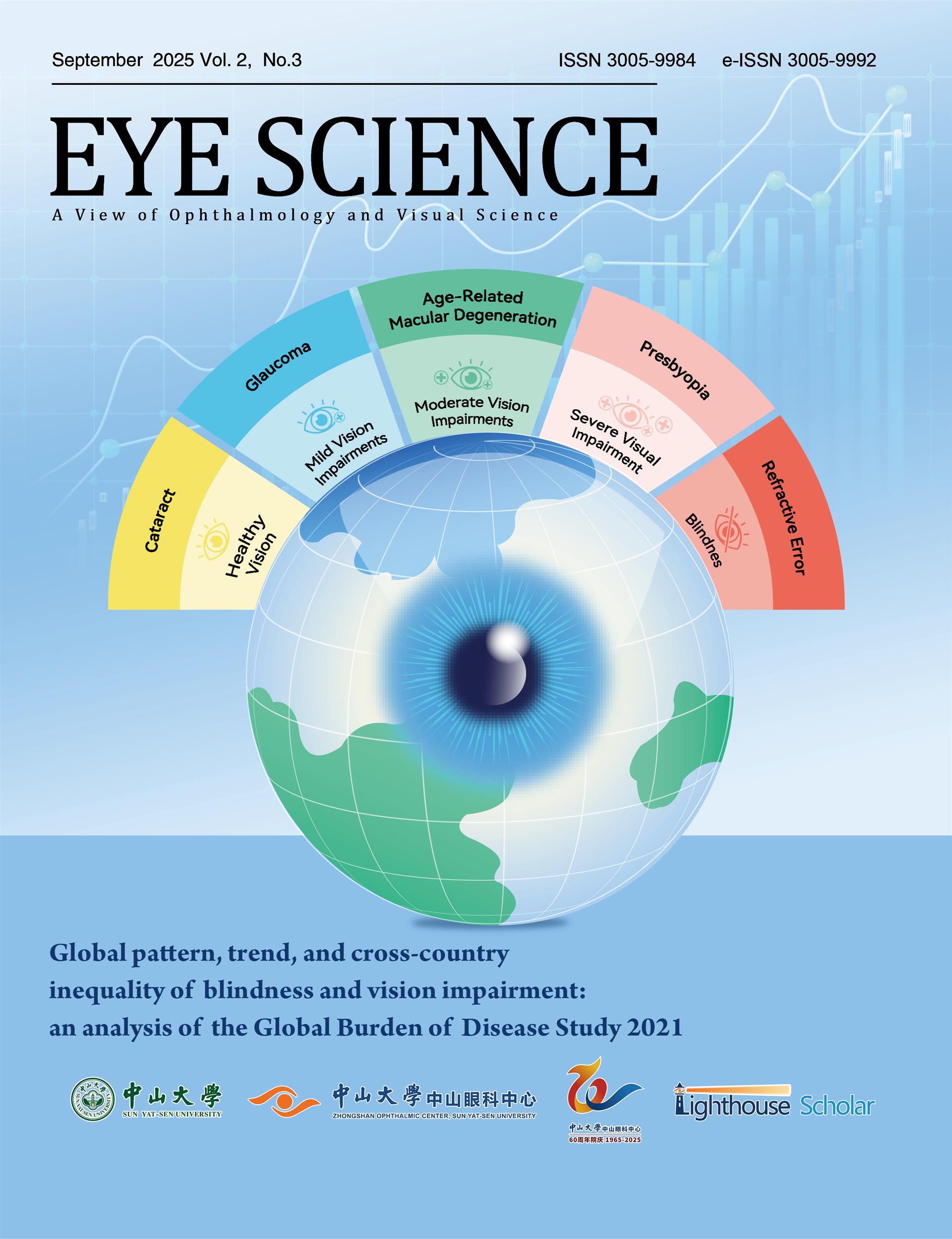Purpose: This study aimed to investigate the prevalence, causes, and influencing factors of vision impairment in the elderly population aged 60 years and above in Mangxin Town, Kashgar region, Xinjiang, China. Located in a region characterized by intense ultraviolet radiation and arid climatic conditions, Mangxin Town presents unique environmental challenges that may exacerbate ocular health issues. Despite the global emphasis on addressing vision impairment among aging populations, there remains a paucity of updated and region-specific data in Xinjiang, necessitating this comprehensive assessment to inform targeted interventions. Methods: A cross-sectional study was conducted from May to June 2024, involving 1,311 elderly participants (76.76% participation rate) out of a total eligible population of 1,708 individuals aged ≥60 years. Participants underwent detailed ocular examinations, including assessments of uncorrected visual acuity (UVA) and best-corrected visual acuity (BCVA) using standard logarithmic charts, slit-lamp biomicroscopy, optical coherence tomography (OCT, Topcon DRI OCT Triton), fundus photography, and intraocular pressure measurement (Canon TX-20 Tonometer). A multidisciplinary team of 10 ophthalmologists and 2 local village doctors, trained rigorously in standardized protocols, ensured consistent data collection. Demographic, lifestyle, and medical history data were collected via questionnaires. Statistical analyses, performed using Stata 16, included multivariate logistic regression to identify risk factors, with significance defined as P < 0.05. Results: The overall prevalence of vision impairment was 13.21% (95% CI: 11.37–15.04), with low vision at 11.76% (95% CI: 10.01–13.50) and blindness at 1.45% (95% CI: 0.80–2.10). Cataract emerged as the leading cause, responsible for 68.20% of cases, followed by glaucoma (5.80%), optic atrophy (5.20%), and age-related macular degeneration (2.90%). Vision impairment prevalence escalated significantly with age: 7.74% in the 60–69 age group, 17.79% in 70–79, and 33.72% in those ≥80. Males exhibited higher prevalence than females (15.84% vs. 10.45%, P = 0.004). Multivariate analysis revealed age ≥80 years (OR = 6.43, 95% CI: 3.79–10.90), male sex (OR = 0.53, 95% CI: 0.34–0.83), and daily exercise (OR = 0.44, 95% CI: 0.20–0.95) as significant factors. History of eye disease showed a non-significant trend toward increased risk (OR = 1.49, P = 0.107). Education level, income, and smoking status showed no significant associations. Conclusion: This study underscores cataract as the predominant cause of vision impairment in Mangxin Town’s elderly population, with age and sex as critical determinants. The findings align with global patterns but highlight region-specific challenges, such as environmental factors contributing to cataract prevalence. Public health strategies should prioritize improving access to cataract surgery, enhancing grassroots ophthalmic infrastructure, and integrating portable screening technologies for early detection of fundus diseases. Additionally, promoting health education on UV protection and lifestyle modifications, such as regular exercise, may mitigate risks. Future research should expand to broader regions in Xinjiang, employ advanced diagnostic tools for complex conditions like glaucoma, and explore longitudinal trends to refine intervention strategies. These efforts are vital to reducing preventable blindness and improving quality of life for aging populations in underserved areas.

















